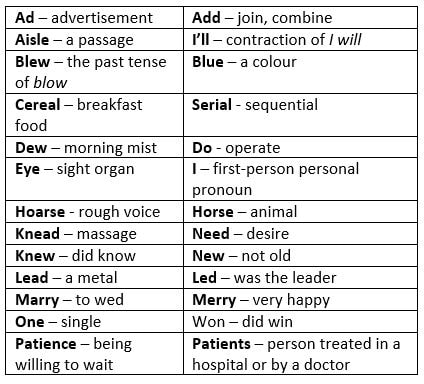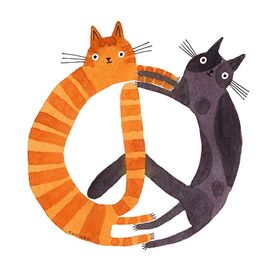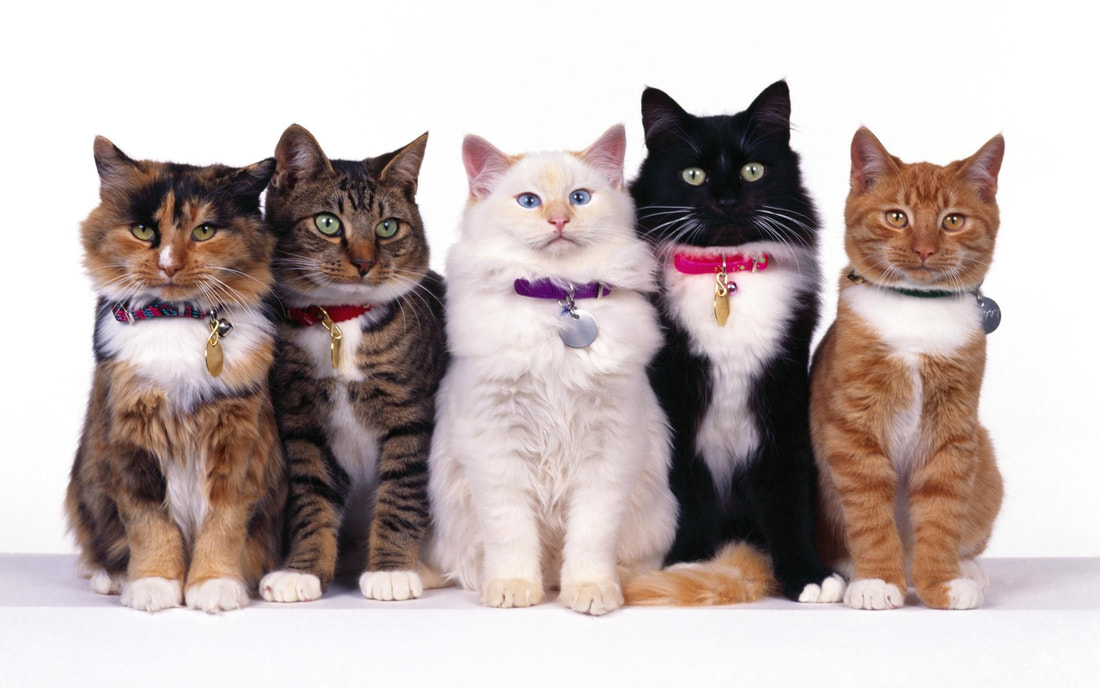Sneak can be used as a noun, an adjective, or a verb. As a verb, and prior to the 1800s, “sneaked” was indeed the only version of the past tense/participle for “sneak”, following the pattern of regular verbs.
However, since then "snuck" has become common use. This is a rare case of the adoption of an irregular pattern for a verb that already had an established regular past tense, but its use has become so frequent that snuck is now considered standard.
Ms. Garner is forgiven for her mistake, though. After all, she went to Denison University, not Harvard.














 RSS Feed
RSS Feed